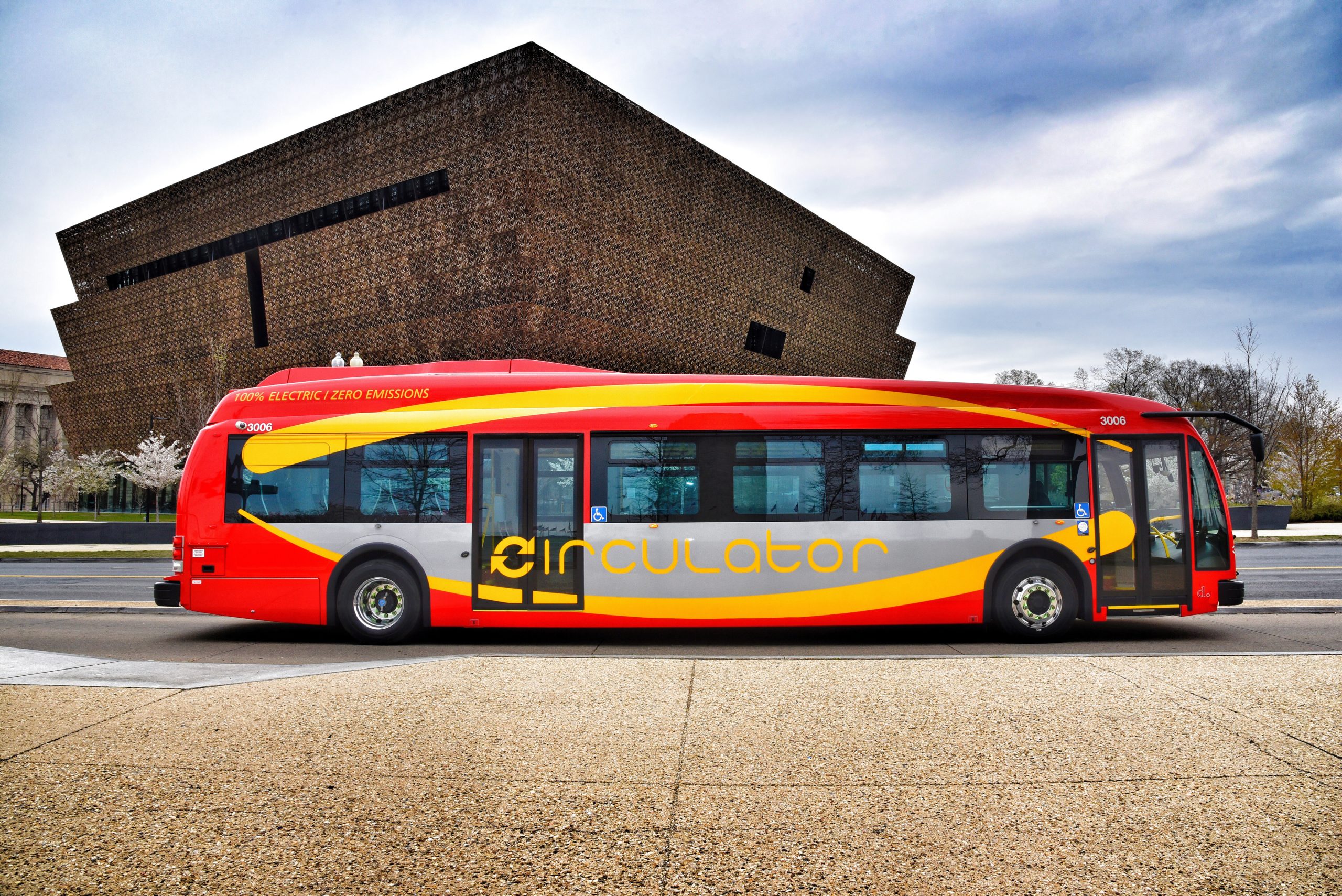Right now there is a very high chance your city’s public transit authority has an electric bus within its fleet. That is great news.
While the future of electric buses is here, there are still significant gaps to overcome for most cities to truly implement a fleet of electric buses.
Battery-powered electric buses are cleaner, more efficient, and better for the environment, but that doesn’t mean it is an easy switch for most cities. Today, we will take a deeper dive into the EV public transportation niche to identify the gaps and future of electric transit buses.
Electronic Vehicles Are Growing in Popularity – This Includes Buses
The craze for electric vehicles is justifiable considering all the benefits electric buses and electric vehicles present. Numerous benefits exist when using electric buses including:
- Environmental benefits from zero-emission buses
- Efficient routing and technology save time on routes
- Lower operating costs overall
- Maintenance costs are often less expensive than diesel bus counterparts
- Energy management and helping with climate change, carbon emissions, global warming, and major environmental concerns
- Noise pollution
- A large part of moving to smart and sustainable cities
As you can clearly see the benefits of electric buses are numerous, from the environment to overall sustainability. Public transit riders no longer have to deal with noisy diesel engines and can enjoy their commute (which can encourage more riders to use public transit).
Efficient routing combined with traffic technologies makes using public transportation more reliable and faster than ever before. Battery electric buses are here to stay, but there are some deficiencies preventing more cities from fully adopting electric buses.
Current Gaps in Electric Bus Space:
Right now China is exceedingly ahead in electric bus fleet implementation, but top makers of electric buses including Volvo, BYD, and California-based Proterra are making the North American market the fastest growing.
A fast-growing market is great, but a large drawback currently facing city managers and procurement agents is the charging infrastructure required for electric bus fleets.
In addition to actually acquiring electric buses from COVID obstacles, each city is faced with the same challenging question:
How do you charge an entire fleet of buses?
With buses having limited ranges and lengthy charging methods, electric buses can’t meet all the demands of riders. Some cities have to hire employees to unplug and plugin buses at a bus depot to keep them charred.
Additionally, there is a gap in what types of buses are available.
Most EV buses consist of smaller passenger shuttles or long-length buses. The major gap in the electric bus space is the 40-foot range which is typically used in lower demand or smaller city routes. In addition, while demand for electric buses is growing, recent manufacturing shortages due to COVID have made the rollout challenging.
For many major cities and their bus fleet, diesel buses are still heavily relied on (you can see fleet numbers here) which is unfordable and means more air pollution.
Lastly, while cleaner emissions from buses are amazing, fossil fuels and emissions still present a challenge for the development of electric vehicles, including electric buses. Translation – to make the electric bus, battery, and provide the infrastructure – the environment is still compromised.
Optimizing Your Cities Electric Buses
As cities and municipalities prepare for the inclusion of electric bus fleets by updating bus depots with charging infrastructure, ordering new buses can sometimes be a hurdle. Outfitting buses with transit technology is another.
LYT AI has numerous options such as the LYT Transit signal priority feature that can be customized for new electric buses once introduced to your city’s fleet.
Regardless of how you see it, the future is very bright.
Smart cities with lower carbon emissions are the goal and with more charging stations, a move to electric school buses and electric garbage trucks, and transit agencies switching to electric buses – there is a lot of optimism around electric vehicles!
Other articles you might enjoy:



